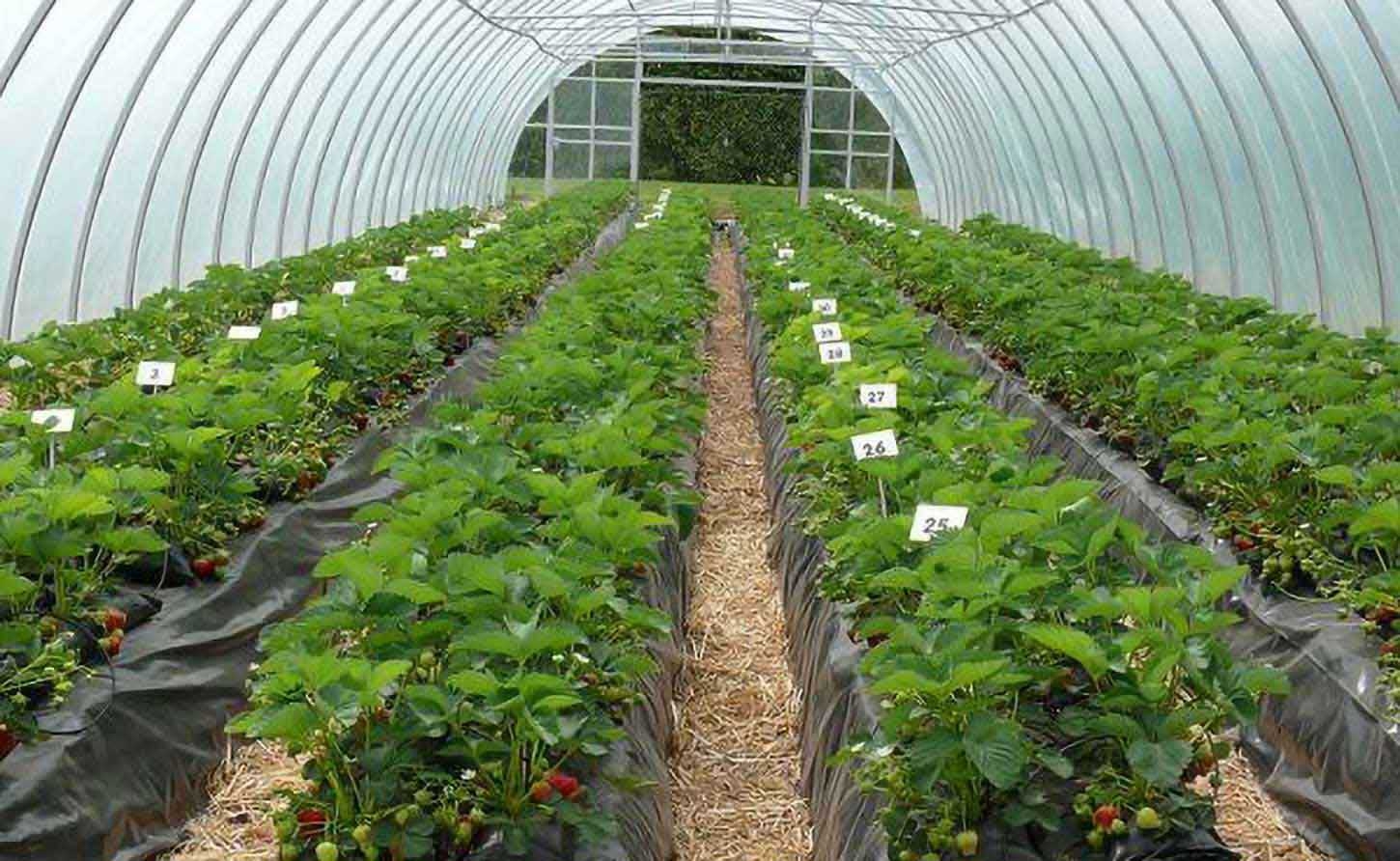JAMAICA | Agricultural Hypocrisy: Fulton says Big Farmers Laugh while Small Farmers Face Agony

KINGSTON, Jamaica January 16, 2025 - In a move that has stirred controversy within Jamaica's agricultural sector, Prime Minister Andrew Holness has rejected proposals for a new Agricultural Fund that would be financed through import duties on selected foodstuffs.
Speaking at Caribbean Broilers recently, Holness stood firm on his government's commitment to "no new taxes" policy, citing concerns about potential increases in consumer food prices.
The debate touches a raw nerve in Jamaica's complex agricultural landscape, where the poultry industry already enjoys substantial protection through a 260 percent import duty shield.

Yet this disparity in protection across agricultural sectors has sparked calls for equity. With agricultural lending at a mere J$147M, advocates argue that other farming pursuits deserve similar support through an Agricultural Fund, particularly given the challenges in securing loans for agricultural ventures.
The timing of this debate is particularly pointed, as the government's 2023 removal of the 15 percent GCT from imported foods has already placed local farmers in a precarious position, compounded by existing import duties on farm inputs.
A potential compromise has emerged from Opposition Agriculture Spokesman Dr. Dayton Campbell, who proposes funding the initiative through existing cess structures – a move that would avoid triggering higher food prices but could impact current revenue streams.
 This suggestion echoes a long-standing vision first championed by Jamaica Agricultural Society's past president Alrick Pottinger between 1997 and 2003, who secured initial support from both Patterson and Seaga administrations.
This suggestion echoes a long-standing vision first championed by Jamaica Agricultural Society's past president Alrick Pottinger between 1997 and 2003, who secured initial support from both Patterson and Seaga administrations.
The concept has already proven viable on a smaller scale. In 2004, a partial implementation led to the creation of the Jamaica Dairy Development Board, funded through cess on dairy products.
However, the broader agricultural sector continues to operate on thin margins, with government budgetary allocations hovering between one to two percent of the annual budget – amounting to J$14B for 2024.
Current funding includes a J$1B production incentive programme and approximately J$0.60B for farm road maintenance, but the lion's share of these allocations is consumed by recurrent expenditures, leaving little for capital development.

The stakes are particularly high given agriculture's outsized role in Jamaica's economy. The sector employs 20 percent of the workforce and contributes 8.5 percent to GDP – translating to approximately US$2.125B (J$332B) of the estimated US$25B GDP, making it one of the top five contributors to the national economy.
Yet, the government's combined recurrent and capital allocations of J$18B annually represent just 1.5 percent of the budget.
The stark contrast between agriculture's economic impact and its funding allocation has exposed a critical policy divide between government and opposition.
With agriculture's potential to boost foreign exchange earnings, create quality employment, and ensure food security hanging in the balance, both parties face mounting pressure to articulate clear paths forward.
Yet as the debate continues, neither Prime Minister Holness nor the Minister of Agriculture, Fisheries and Mining has outlined a comprehensive strategy to bridge this funding gap.
The challenge remains: how to modernize and expand Jamaica's agricultural sector without burdening consumers or violating the government's no-new-taxes pledge.
The path forward requires delicate balancing. Any new cess must be carefully structured to prevent unreasonable food price increases while ensuring that funds effectively target infrastructural improvements, support establishment crops and livestock for import substitution, drive exports, and spur value-added agriculture.
With both government and opposition holding divergent views on agriculture's future, the sector awaits concrete proposals for securing the capital needed for its transformation.
-30-
